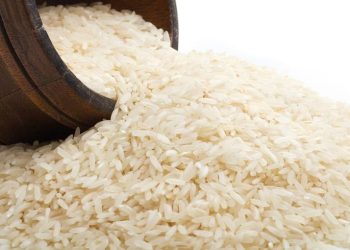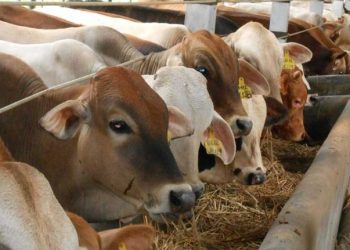Jakarta, Indonesia Sentinel — In light of the recent bankruptcy declaration by PT Sri Rejeki Isman Tbk (Sritex), one of Indonesia’s largest textile manufacturers, the government is actively revisiting potential protective measures to support the domestic textile industry.
The initiatives under consideration include the imposition of safeguard import duties (BMTP) and anti-dumping duties (BMAD) on imported textile products. This approach seeks to counteract the negative effects of increased textile imports, which industry leaders argue have flooded the market and put local manufacturers at a significant disadvantage.
The Coordinating Minister for Economic Affairs, Airlangga Hartarto, emphasized that the government is exploring several options to fortify Indonesia’s textile sector. Among these options is a renewed focus on anti-dumping policies, which are under discussion by various ministries and government agencies.
“The government is considering several steps for the textile industry, including the implementation of safeguards and anti-dumping measures,” Airlangga announced during a press conference in Jakarta on October 30, 2024.
Despite the critical nature of the situation, Airlangga did not directly address the potential revision of Minister of Trade Regulation No. 8 of 2024. This regulation, which concerns import policies and procedures, has been identified by some industry players as a primary factor contributing to the pressures on Indonesia’s textile industry.
The regulation has reportedly enabled an increase in imported textiles, leading to fierce competition with local products in the domestic market. These challenges have placed a burden on textile producers, especially smaller manufacturers who lack the resources to compete with the influx of cheaper imported goods.
The anti-dumping duties, or BMAD, are anticipated to provide a much-needed respite for labor-intensive industries, particularly textiles, that have been struggling to sustain operations amidst mounting competition.
The BMAD aims to create a fairer playing field by limiting imports that are priced below fair market value and ultimately fostering a healthier domestic industry landscape from upstream to downstream processing. “With such a structure, we aim to protect the entire textile processing chain and ensure fair competition,” Airlangga added.
Indonesia’s Layoffs Exceed 59.000, Sritex Bankruptcy Could Significantly Adds the Number
The Indonesian Employers Association (Apindo) recently met with Minister Airlangga to discuss these issues and advocate for the labor-intensive sectors affected by increased imports and regulatory shifts. Among the topics raised were potential layoffs and minimum provincial wage adjustments, which have become pressing concerns amid the challenging economic climate for local manufacturers.
Apindo also highlighted the impact of external economic forces on the workforce, as many businesses struggle to stay competitive against foreign imports while maintaining jobs.
The Ministry’s support for the BMAD policy is intended to not only safeguard domestic producers but also ensure the viability of jobs in a sector that employs a substantial portion of Indonesia’s labor force.
The textile industry has long been one of the country’s key employment hubs, and the government is keen on mitigating risks to both production and employment as external challenges mount
Lukminto Family’s Business Empire: From Sritex to Hospitality Ventures
For Indonesia’s textile industry, which has faced significant pressures in recent years, the proposed policies offer a glimmer of hope. Industry stakeholders and government officials alike recognize that effective anti-dumping policies and import duties could play an essential role in restoring the health of the sector, ensuring both market competitiveness and job security for millions of Indonesians.
As the government continues discussions with relevant stakeholders, the industry awaits concrete steps that could mark a turning point for Indonesia’s textiles, from struggling to sustaining growth in a globalized market.
(Becky)


























